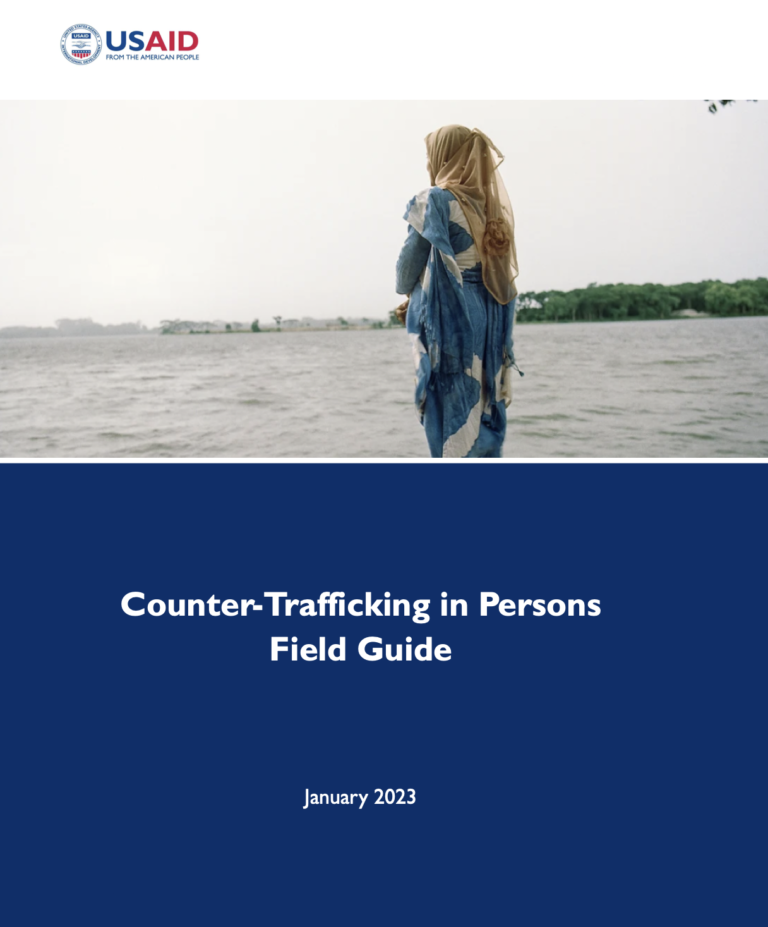Trafficking in Persons (TIP) is a gross violation of human rights, including the right to life, liberty, and security, and the right to be free from torture and/or cruel, inhumane, and degrading treatment or punishment. It erodes the safety of communities, the security of borders, the strength of the economy, and the rule of law. TIP weakens state institutions and feeds corruption. In places where organized crime dominates, it negatively impacts the development goals we are trying to achieve.
In 2022, the International Labour Organization (ILO) estimated that 27.6 million people were in forced labor: approximately 17.3 million in private sector areas such as domestic work, construction, and/or agriculture; 6.3 million (including children) in forced commercial sexual exploitation; and 3.9 million people subjected to forced labor by state authorities.
Globally, human trafficking is a low-risk, high-reward crime for perpetrators, who profit extensively from the exploitation of others with minimal risk of prosecution. Demand for cheap labor and commercial sexual exploitation creates conditions that facilitate human trafficking,
particularly when coupled with the absence of proactive efforts to protect human rights or respond to abuses. Additional drivers of mobility that increase risk to trafficking include climate change impacts, conflict, corruption, socioeconomic and structural inequalities, institutional racism, natural disasters, and practices that discriminate against the most marginalized groups in society. On the supply side, gender inequality, deception by brokers, the complicity of authorities, a lack of monitoring of employers, high costs of education, a lack of job opportunities, and a lack of basic social services create conditions that exacerbate the vulnerability of some adults and children.
For the past 20 years, USAID has demonstrated its commitment to combating TIP through more than $340 million invested in over 88 countries to prevent trafficking, protect victims, and prosecute perpetrators. As we look to the next generation of USAID efforts in this space, we will build on what works and establish new effective practices based on evidence and learning.
Since the publication of the last USAID C-TIP Field Guide in 2013, the U.S. Government has bolstered its efforts to counter human trafficking through many initiatives. The new National Action Plan to Combat Human Trafficking, released in December 2021, is a comprehensive and forward-looking strategy with over 60 priority actions focused on the foundational pillars of U.S. and global anti-trafficking efforts – prevention, protection, prosecution, and partnerships. That same month, USAID published its revised C-TIP Policy, reinforcing the same strategy for the Agency.

